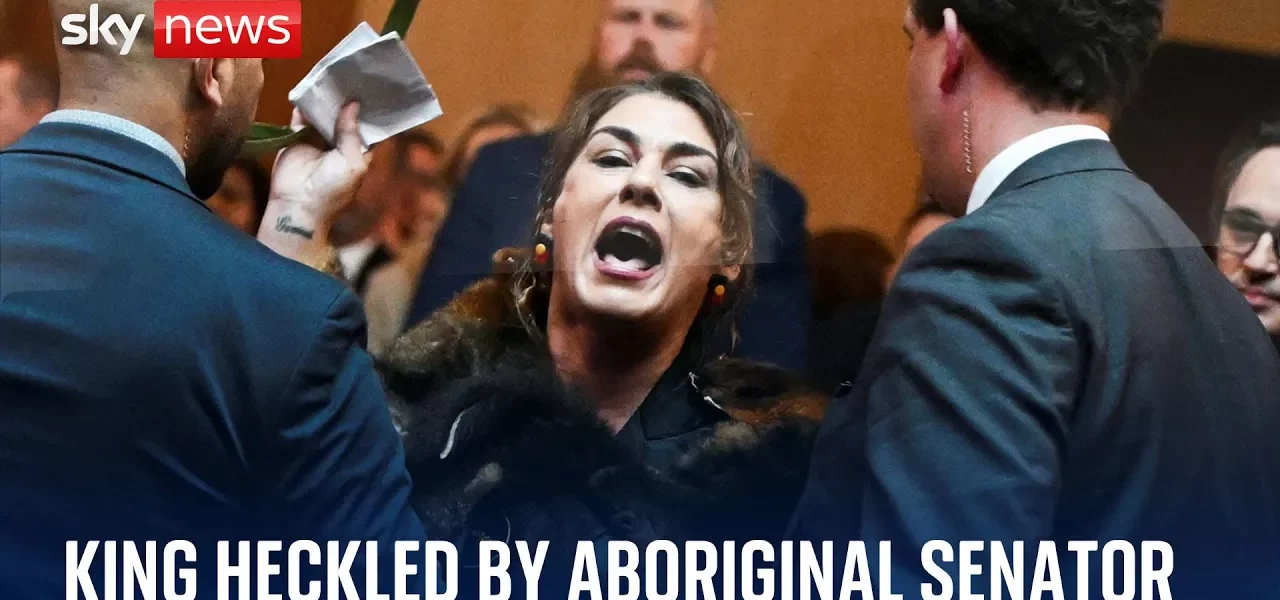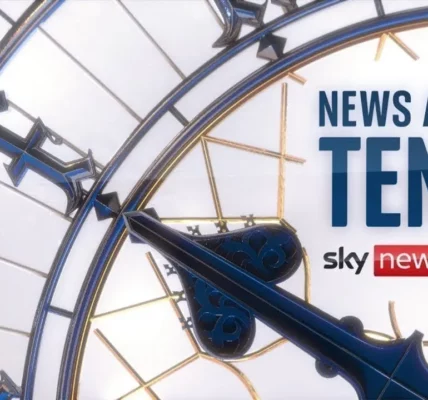The King’s Keynote Moment: A Confrontation for Indigenous Rights

This article delves into the recent events surrounding the King’s visit to Australia, highlighting the significant confrontation by Aboriginal politician Lydia Thorp. The discussion on reconciliation and the historical context of colonialism remains pivotal in understanding Australia’s current socio-political landscape.
Introduction
The King’s recent visit to Australia was anticipated as a ceremonial event, showcasing the monarchy’s relationship with the nation. However, the visit took an unexpected turn when Aboriginal politician Lydia Thorp confronted the King during his keynote speech. Thorp’s passionate demand for acknowledgment of historical injustices directed towards Indigenous Australians has ignited discussions about the need for truth-telling and reconciliation in Australia. This article explores the events of that day, the significance of Thorp’s actions, and the broader implications for Indigenous rights in Australia and beyond.
The King’s Arrival and Speech
The King’s arrival was marked by a carefully planned setpiece, intended to reinforce the connection between the monarchy and the Australian people. However, the moment took a dramatic turn during his speech.
Initial Remarks on Indigenous Australians
In his opening remarks, the King acknowledged the courage and hope that have accompanied Australia’s journey towards reconciliation. He stated, “In my many visits to Australia, I have witnessed the courage and hope that have guided the nation’s long and sometimes difficult journey towards reconciliation.” These words, though well-intentioned, were overshadowed by the events that followed.
Confrontation by Lydia Thorp
As the King continued, Lydia Thorp, an Aboriginal politician and a vocal advocate for Indigenous rights, interrupted him. Her passionate outburst included demands for reparations and acknowledgment of historical wrongs: “Give us land, give us what you stole from us, our bones, our skulls, our babies.” This moment, unexpected and intense, highlighted the ongoing struggles faced by Indigenous Australians.
Lydia Thorp’s Advocacy for Indigenous Rights
Lydia Thorp’s actions during the King’s visit were not merely impulsive; they were a culmination of years of advocacy for truth-telling and justice for Indigenous peoples. Her confrontation serves as a reminder of the deep scars left by colonial rule.
Truth-Telling Initiatives
Thorp emphasized the necessity of global truth-telling regarding the impact of colonialism, not just in Australia but worldwide. This is essential for healing and reconciling with Indigenous communities. Key points include:
- Recognition of historical injustices.
- Calls for reparations and land rights.
- Education on the impact of colonialism on Indigenous cultures.
Response from Indigenous Elders
Indigenous Elder Auntie Serena Williams welcomed the King traditionally but also voiced her belief that an apology would be a crucial step towards reconciliation. She stated, “I think an apology would be beautiful,” highlighting the ongoing need for accountability and recognition of historical wrongs.
The Broader Context of Reconciliation in Australia
The events that unfolded during the King’s visit underscore the complex and often painful discourse surrounding reconciliation in Australia. The historical context is essential in understanding the current climate.
The Legacy of Colonialism
Australia’s colonial history has left lasting impacts on Indigenous communities, including:
- Displacement from traditional lands.
- Loss of cultural identity and languages.
- Social and economic disparities.
Challenges to Reconciliation
Reconciliation is a challenging journey for Australia, marked by differing perspectives among the population. Key challenges include:
- Resistance to acknowledging past wrongs.
- Lack of comprehensive education on Indigenous history.
- Political divides regarding reparations and land rights.
Conclusion
The King’s visit to Australia, intended as a moment of celebration and connection, became a poignant reminder of the ongoing struggles faced by Indigenous Australians. Lydia Thorp’s bold confrontation highlights the urgent need for truth-telling and reconciliation in the face of a painful colonial legacy. As Australia moves forward, acknowledging its history and fostering open dialogue will be crucial in healing the wounds of the past. We encourage readers to engage with the ongoing discussions about Indigenous rights and reconciliation by exploring related articles on our website.
“`




